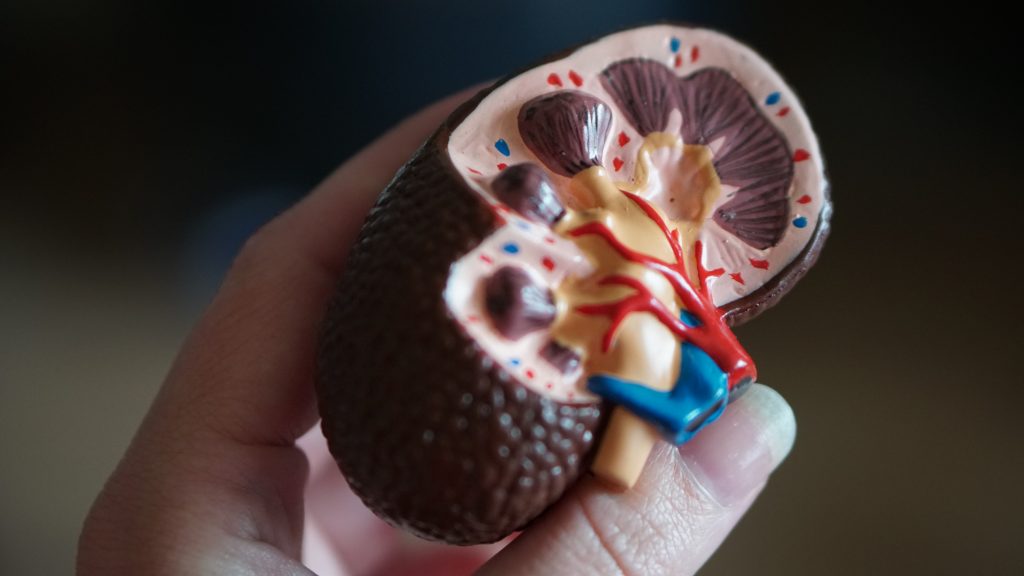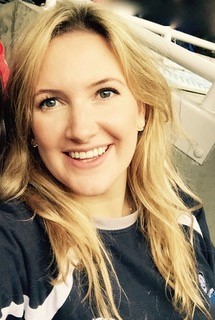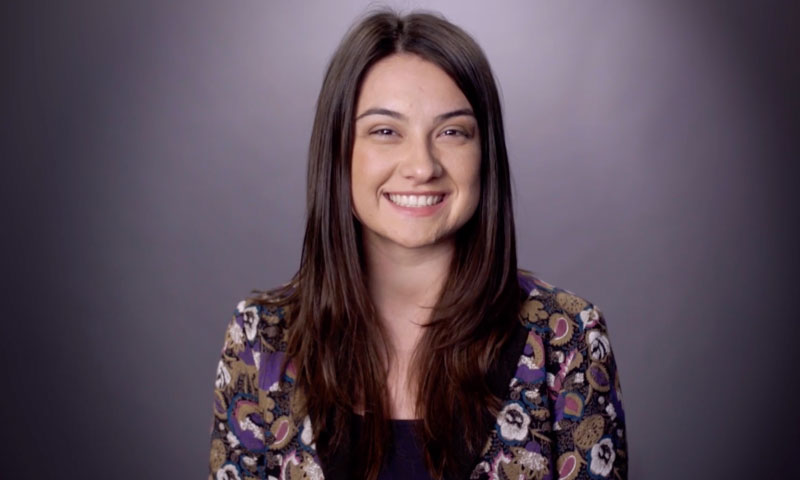Research
Learning how to repair kidneys for transplantation
19 June 2020
Emily Thompson, a Clinical Research Fellow at Newcastle University, was a recent recipient of one of our Travel Fellowship grants. This is what she had to say about her LLGL fellowship…
At Live Life Give Life, we offer a Travel Fellowship grant that helps young professionals in the transplantation field develop new collaborations and learn new techniques that will help their patients and their colleagues in transplant hospitals.
Emily Thompson, a Clinical Research Fellow at the National Institute for Health Research (NIHR) Blood and Transplant Research Unit in Organ Donation & Transplantation at Newcastle University, was a recent recipient of one of our awards.
In her own words, here is what she had to say about her LLGL fellowship:

“As a surgical registrar I was given the opportunity to spend a period of my training in academia exploring potential research ideas to focus on for my future PhD project. Last year I undertook a six-month Travel Fellowship kindly funded by the Live Life Give Life Charity working with Professor Nicholson and Dr Sarah Hosgood at Addenbrooke’s hospital in Cambridge. This was a great opportunity to learn more about normothermic machine perfusion of kidneys prior to transplantation. This technology was pioneered by the Cambridge team and the time I spent learning the intricacies of this novel technology was invaluable.
Normothermic machine perfusion is when an organ receives warm, oxygenated blood on a pump that effectively revives the kidney prior to transplant. Warm perfusion means that surgeons can assess the quality of a kidney prior to transplant and has helped us transplant more patients on the waiting list. My research focuses on the delivery of stem cells to these kidneys during warm perfusion to help repair damaged organs before transplant in order to make even more kidneys available for transplant. From the time spent in Cambridge during my travel fellowship, I was able to learn how to effectively use this technology as an experimental platform for testing my stem cells. I have since been able to bring back this new skillset and set up a similar system here in Newcastle. Over the past year I have perfused 20 kidneys in my research study investigating the reparative effects of stem cells. The results so far have been very exciting and we hope to translate this into a clinical trial that will benefit patients on the waiting list for a kidney transplant in the upcoming year.
The experiences afforded to me through this travel fellowship has been really beneficial for our whole team and has meant we now have an established collaboration with the Cambridge group. This has been particularly helpful as we are involved in a number of clinical trials together that investigate the exciting potential of normothermic perfusion in kidney transplantation. The results of these trials have been very promising and we recently published our findings from one in the British Journal of Surgery.
I am very grateful for the help and support that the Live Life Give Life charity provided for my fellowship, it has been a great opportunity to establish a fruitful research collaboration and has helped me attain a Kidney Research UK Training Fellowship to help fund the continuation of my PhD research. As part of this work I hope to spend the latter part of my PhD working with Professor Nicholson and Dr Sarah Hosgood again when we will be investigating a new drug designed to protect kidneys from ischaemic damage than can be delivered during normothermic perfusion.
Thank you LLGL!”
We wish Emily the best of luck in her future research. If you’d like to help us continue to fund the next generation of transplant professionals and their exciting research, please consider donating to our work here.

